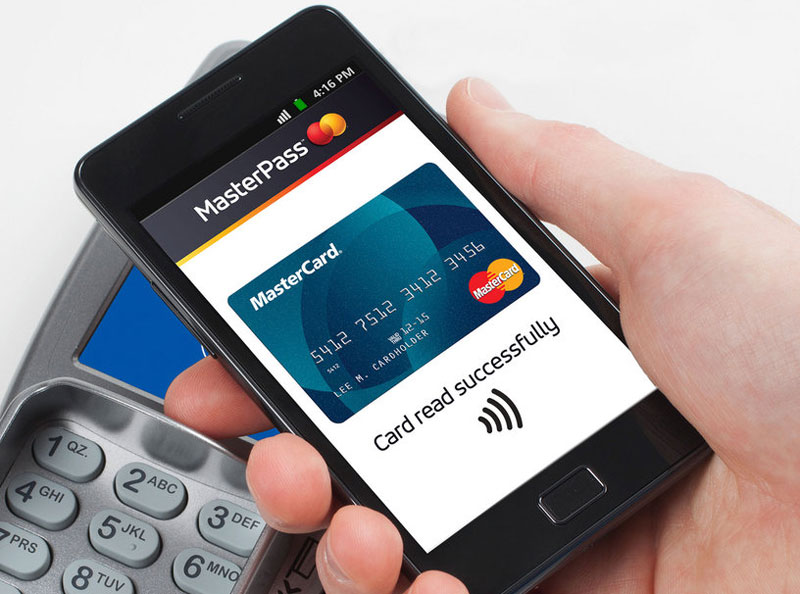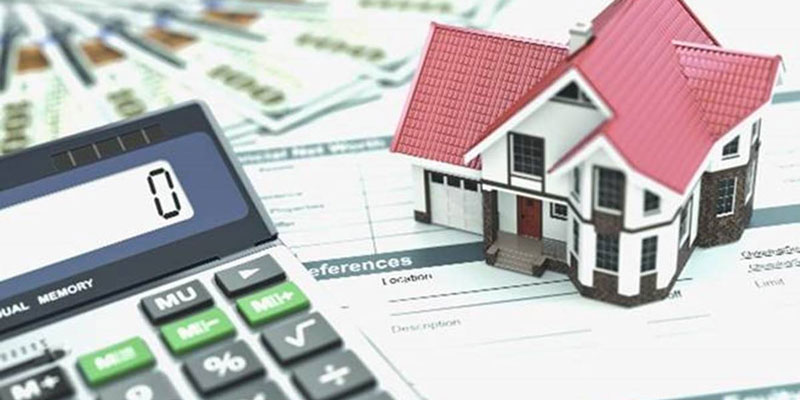What Exactly Is Meant by the Phrase "Mortgage Rate Lock Float Down"?
This is known as a "mortgage lock." In other words, floating down is when a mortgage interest rate is locked in but can be reduced if market rates fall. Borrowers are protected against a rise in interest rates during a rate lock term. 1 The float-down option allows the borrower to benefit from lower interest rates throughout the lock period.
How Floating Mortgage Rates Work
An adjustable-rate mortgage (ARM) provides both protection and flexibility regarding interest rates. To lock in their mortgage rate, borrowers might use the float down. They can, however, use the float-down option to get the mortgage approved at a cheaper rate if rates drop while underwriting.
When mortgage rates vary or have been rising and lowering for a short period, this may be a viable choice.
A Lock-in to Refinance

A lock-in may be all you need if you're refinancing your current mortgage. Why? It is possible to walk away from the contract if interest rates reduce after applying for the loan. Locking in a mortgage rate for a set period does not force you to complete the loan; it just indicates that the lender has promised to provide you with that rate if the loan is closed within that time frame.
If you do this, the lender with whom you've locked a rate will be less than pleased, and you won't be able to reapply to them for a while. To make matters worse, the lender may impose an application fee and a fee for locking in the rate. This is especially true if the rate is locked in for more than 60 days. However, if you can cut your interest rate by a few percentage points, you may be better off walking away.
Float Down While Buying a Home
A rate lock with the potential to lower the interest rate in the event of a down payment is a preferable alternative for homebuyers. For the reasons stated above, you don't have to be concerned about rates increasing before the loan is finished, but you may also allow the rate you've been given to "float down" if rates decrease before closing.
Floating down is tricky, and you must pay attention to the fine print. Unless rates decrease by a particular level, you won't be able to switch to a lower rate unless the minimum is excessively huge, like 0.375 percentage points. Even if rates drop within your lock time, taking advantage of it won't be easy. It doesn't matter how little the decrease is; even a 0.1 percent reduction can make a big difference.
What is a Mortgage Rate Lock?

To have your interest rate "locked" until the time of closing on your home loan, your lender must give you a rate that will not change during that period. It's almost like a given. After you've already locked in your rate, if mortgage rates rise, you won't be affected by the change.
It is possible to get a longer-term rate lock from a mortgage lender; however, most give 30-45-60-day rate freezes. Consult with your lender to see if there are any alternatives for a rate lock.
The cost of a rate lock varies from lender to lender, but the longer the duration, the more expensive it will be. If you need to extend your rate lock beyond the original period, it can be costly, and you won't be able to benefit from a lower rate in most circumstances if you lock in your mortgage rate and rates then decrease.
What Factors Affect the Duration of a Rate Lock?
A mortgage rate lock can be affected by various variables, causing your interest rate to fluctuate. According to the Consumer Financial Protection Bureau, these are some of the most common types:
- The sort of mortgage you're obtaining, or the amount of your down payment, is changing.
- Appraisal results exceeded or fell short of your expectations.
- You applied for new credit or missed a payment on an existing loan, which resulted in a change in your credit score.
- Your lender did not properly document a bonus, overtime, or other remuneration.
Floating or Locking: Which Is More Appropriate?
At least until you get closer to the closing date, floating your mortgage rate may be better than locking in a fixed interest rate. When it comes time to close the loan, you might be able to negotiate a lower interest rate.
Consider a mortgage rate lock when interest rates are rising higher in the housing market if you have a timetable from contract to the closing date in mind.
A change in interest rates can significantly impact your monthly mortgage payment. When borrowing $200,000, the monthly payment would be $1,013, whereas the payment would be $1,043 at a rate of 4.75 percent. Over a year, that $30 difference adds up to $360 in savings.








